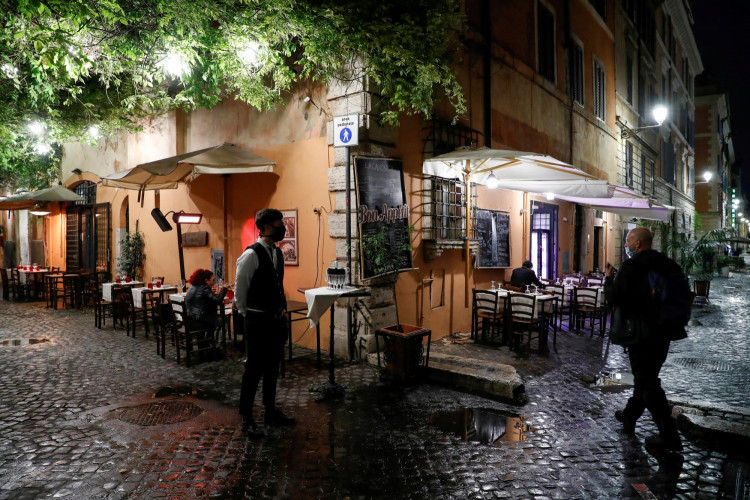The COVID-19 pandemic pushed some of the biggest industries to the edge, and while other sectors have started reopening over the past few months, other smaller industries remain in waiting for their business bans to be lifted.
Karaoke Lounge Industry In Singapore
In Singapore, the karaoke TV industry was booming before the novel coronavirus came around. Since the pandemic started, multiple karaoke chains have gone out of business.
Among the karaoke chains that were heavily affected by business bans was Teo Heng. The karaoke chain will start paying around 120 employees only half of their salaries starting this month.
Jean Teo, one of Teo Hong's directors, said that the "longer the uncertainty is...the more outlets we would have to close."
Aside from zoning and licensing issues, another problem for the reopening of karaoke lounges is government regulation. Due to select areas that are only allowed to reopen in Singapore, some karaoke venues cannot be reopened yet.
Some KTV outlets are also stationed in malls. While some malls have been reopened, the karaoke industry has yet to receive a go signal for relaunching operations.
Co-chair of the Singaporean COVID-19 multiministry task force and education minister Lawrence Wong noted that locations where singing and dancing with loud music take place are "known to be of higher risk" in terms of coronavirus transmission.
On the other hand, Wong said the task force will continue to discuss reopening suggestions with sectors in the nightlife industry that have yet to be relaunched.
Jeepney Transport In The Philippines
Earlier this month, a group of jeepney drivers demonstrated in front of the Supreme Court of the Philippines to ask for assistance as they felt "discriminated" by the government's anti-coronavirus regulations.
Jeepney transport was banned in many cities in the Southeast Asian country earlier this year, putting the livelihood of thousands of jeepney drivers in limbo.
According to the petitioning jeepney drivers, the government's orders gave them the least priority in terms of public utility vehicles that were allowed to operate again under softer COVID-19 regulations.
The jeepney drivers argued that the regulations favored "modernized jeepneys" even if the government did not provide "substantial distinction between modernized and traditional jeepneys."
Furthermore, the drivers questioned the authority of the Land Transportation Franchising and Regulatory Board in indefinitely banning public transportation during the pandemic.
Finally, the petitioners said that as the ban on public transportation was gradually lifted, traditional jeepneys were not included in the list of vehicle initially allowed to operate.
Bars And Pubs In The UK
Bars and pubs in the UK were gradually allowed to reopen, but under Tier 2 of the British government's three-tier lockdown system, up to 75% of table capacity has been canceled.
Chief executive of the Night Time Industries Association, Michael Kill, said the Tier 2 system "decimated the sector" and that business owners are expecting "catastrophic results."
Multiple bar owners revealed that the limited table capacity of only 25% has held back sales and is expected to further beat down the bar and pub industries as Tier 2 ensues.
Drought In Nepal's Agriculture Sector
Poverty, drought, and hungry farmers are thinking of crossing the border to India due to apparent problems in growing crops in Nepalese land.
However, border controls in India may keep travel between the two countries illegal until the government says otherwise. On the other hand, some Nepalese farmers are looking for ways to cross the border to find jobs but the COVID-19 restrictions won't help.
Drought was initially the problem for Nepalese farmers, but the wet monsoon season caused landslides and floods. As a result, most of the crops were only sold for animal feed.
Once the borders open, workers in Nepal's agricultural sector are looking to travel to India to get minimum wage jobs but for now, many have resorted to borrowing rice from other luckier farmers to fill up their family's empty stomachs.





